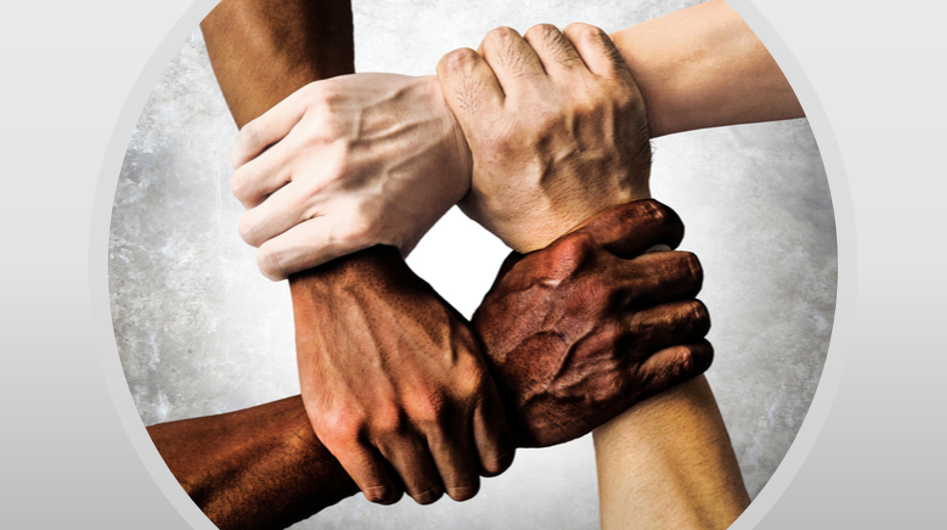Human Resources
88% of Aussies say racism is a workplace issue, but few companies are taking action

Human Resources: Research into the barriers facilitating racism in Australian workplaces by the peak body for workplace diversity and inclusion has recommended key anti-racism actions to address racism at work effectively.
Diversity Council Australia’s (DCA) Racism at Work project is a response to the heightened global conversation about ‘race’ and racism that unfolded in 202013, and the resultant calls for organisations to do better when it comes to confronting and addressing racism.
Australia’s history is marked by pervasive and persistent racism against First Nations peoples, as well as people of colour, migrants and refugees from racially marginalised groups, and their collective descendants. Australia faced a dramatic increase in racism towards Asian-Australians after the outbreak of COVID-19.
The resulting report, Racism at Work, is an evidence-based organisational framework for anti-racism action to help Australian businesses effectively address racism.
“Australian employers were asking Diversity Council Australia what the global push for racial justice meant for them, and for evidence-based guidance to address racism in their workplaces that considered Australia’s historical context,” DCA CEO Lisa Annese said.
You may also like: Health Industry Hub’s Women in Leadership Series
Racism at Work was informed by people who experience racism, guidance from an expert panel, and a survey of 1,547 Australian workers across various sectors.
The survey found 88% of respondents agreed racism is an issue in Australian organisations and that 93% of respondents agreed organisations need to take action to address it.
However, while support for organisations to tackle workplace racism was high, only 27% of survey respondents said their organisations were proactively preventing workplace racism.
“Pervasive and persistent racism against Aboriginal and/or Torres Strait Islander people, as well as people of colour, migrants, refugees and their descendants, is part of Australia’s history,” Ms Annese said.
“Racism is not only the result of behaviours or attitudes from a few people, rather, as our research shows, it is also embedded in workplace policies, organisations and workplace cultures.
The impact of racism is a high personal cost to individual employees who experience it and workplaces where barriers facilitate it.
“It is the role of workers at all levels of a business, not just people who are racially marginalised, to provide a racially safe workplace and take action to address racism when it arises at work,” Ms Annese said.
“To create effective change, approaches to addressing racism in the workplace must centre the voices of people who have experienced racism, alongside people who are racially privileged.”
DCA Member Education Director and Racism at Work co-author Dr Virginia Mapedzahama said it was vital anti-racism approaches in Australian workplaces consider the Australian context.
“We need to consider our history with race and racism and our current denial to talk about racism specifically/directly,” Dr Mapedzahama said.
“Approaches to racism in Australian workplaces will only succeed if they recognise and acknowledge racism as systemic.
“This really starts with us using the language of racism and calling it what it is,” Dr Mapedzahama said.
“To identify and effectively respond to racism, we need to stop shying away from it by using race-neutral language like ‘harmony, cohesion, culture’.
“That language, though useful in its own right, will not help us tackle racism.”
DCA Board Chair, Ming Long AM, said Australian businesses, employers and workers must start addressing racism in the workplace and developing anti-racism approaches.
“No organisation is immune from the scourge of racism,” Ms Long said.
“Effective anti-racism, racial diversity and equity approaches should be led and informed by people with lived experience of racism, centring their voices, in partnership with workers who don’t share their experiences.
“Workers at all levels of a business have a moral and legal imperative to proactively contribute to a racially safe workplace, which means striving to be non-racist themselves and engaging in actions to address racism in their workplace.”
Digital & Innovation

Medical drone to reduce health equity gaps in rural and remote Australia
A specialised medical drone which increases accessibility to essential health services such as pathology, medicines, and telehealth services in rural […]
MoreNews & Trends - Pharmaceuticals

We’ve spent more on healthcare, but it’s been worth it
Healthcare expenditure is surging, with Australia now allocating approximately one-tenth of its budget to this sector. This financial uptick prompts […]
MoreNews & Trends - Pharmaceuticals

New partnership to raise the bar in precision oncology in Queensland
Pharma News: The Australian Translational Genomics Centre (ATGC) is teaming up with non-profit research organisation Omico and the PrOSPeCT program […]
MoreNews & Trends - Biotechnology

AusBiotech appoints new CEO: Former Sanofi corporate affairs and sustainability leader takes the helm
Biotech News: AusBiotech, the nation’s leading industry body for the biotech sector, has named former leader at Sanofi, Rebekah Cassidy, […]
More